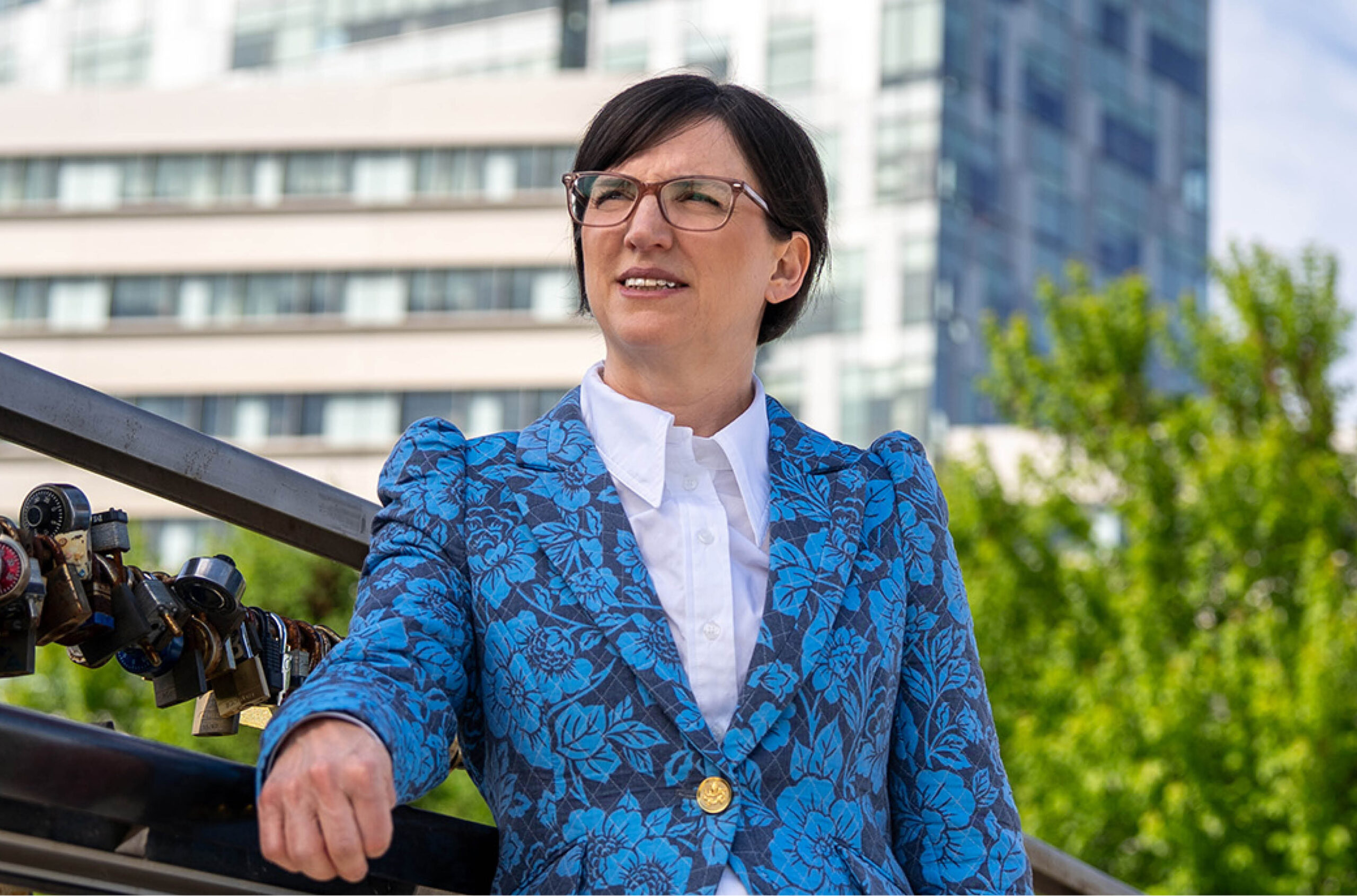Interactive simulations transforming business education
Engaging students through immersive experiential learning while providing personalized support for instructors.

Incorporating interactive business simulations into university business programs offers an experiential learning approach that effectively bridges theory and practice. Praxar, a Canadian developer of business simulations, has created virtual environments where students can step into the shoes of managers and make realistic business decisions in a risk-free setting. This “learn-by-doing” model motivates students to apply classroom concepts in concrete scenarios, while allowing instructors to enrich their courses without adding to their workload.
It aligns with Kolb’s proven experiential learning theory, which holds that learners develop deeper understanding by cycling through concrete experience and reflection.
Bridging theory with practice – safely
A key benefit of Praxar simulations is the secure environment they offer for students to practice their knowledge without real-world consequences. Mistakes made in the simulation don’t result in permanent damage; instead, they become valuable learning opportunities. Students can see the immediate outcomes of their decisions and adjust their strategies in real time, reinforcing the concepts learned in class.
This bridge between theory and practice helps demystify complex notions by placing them in context. As one user puts it, the simulations “provide professors and students with many perspectives to understand the role of decision-makers in the modern corporation. We get to make business decisions in real situations and get instant results and excellent feedback”.
Research supports that these types of simulations provide students with engaging, concrete learning experiences that mirror real-world challenges.
Deep student engagement and active learning
By making academic material more concrete and game-like, interactive simulations foster significantly higher student engagement. Instead of passively absorbing content, students become active participants in their education: they make decisions, witness the effects, and often work in teams to solve problems. This interactive dynamic boosts motivation and participation, leading to better knowledge retention.
For example, in one simulation activity among nursing students, 98% voluntarily played the game even without grade incentives—evidence of the intrinsic appeal of this method[5]. In business education as well, testimonials abound: “Students became more engaged and improved their understanding of different aspects of a business,” noted one professor using a Praxar simulation.
Some students mentioned that the simulation “makes you want to play more and explore different strategies”—a marked contrastto traditional theoretical coursework.
Immediate feedback for active learning
Easy Integration and dedicated support for Instructors
Faculty often hesitate to adopt new teaching tools due to concerns about steep learning curves or increased workload. Praxar addresses this by offering a turnkey integration process, making it easy and flexible to incorporate simulations into course plans. In practice, a single onboarding session with the Praxar team is enough for instructors to get started.
The platform also includes practical features such as a simulation calendar, automated grading, and customizable assessments. Praxar offers personalized support throughout, including technical setup, student onboarding, and continuous assistance during the term. Support is available 7 days a week.
This end-to-end service removes technical and logistical barriers that could otherwise deter instructors from embracing innovative learning tools. One entrepreneurship professor emphasized the quality of this support: “Beyond the value of the simulation itself, the Praxar support team is simply exceptional … with a level of responsiveness that is rare to find today”.
Praxar simulations are pedagogically versatile. They adapt to in-person, online, or hybrid formats; can run over several weeks or intensively within days; and are suitable for any class size. Whether in marketing, management, entrepreneurship, or accounting, a broad array of simulations covers core business disciplines.
From Humber College to the University of Ottawa, and HEC Montréal to Université Laval, Praxar’s growing user base includes institutions across Canada and internationally.



Post a comment
University Affairs moderates all comments according to the following guidelines. If approved, comments generally appear within one business day. We may republish particularly insightful remarks in our print edition or elsewhere.